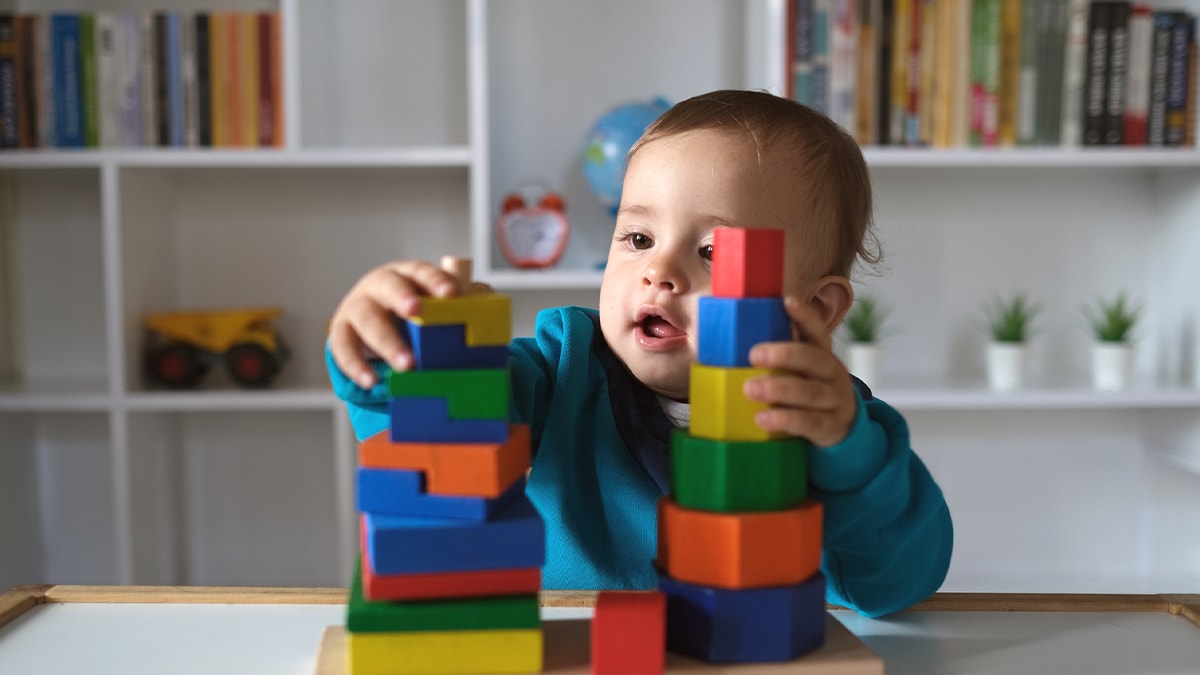What to know
- All babies with hearing loss should begin to get intervention services before they are 6 months old.
- Each child requires a specified intervention and treatment plan to address their hearing loss.
- Keep reading to learn more about the importance of tailoring a child's treatment plan and the importance of their support team.

Hearing loss and your child
Every child is unique. All children, including infants, have their own special personality and talents. Just as each child is unique, a child's hearing loss is also unique. One child's hearing loss may be very different from another child's hearing loss.
Research studies show that about 30% of all children with hearing loss may have one or more special needs that have nothing to do with the ear or hearing. These can include visual, physical, or other special needs. You will want to discuss these other conditions with your child's doctor or professional team.
All of these factors are important while you are deciding which intervention program best meets the strengths and needs of your child. You will be designing a program that is unique for your child.
Now let's take a closer look at some of the professionals who may be on your child's team, the intervention services your child might get, and how you can put all the intervention services together.
How can I start communicating with my baby right now?
Your child’s team
Your child's team includes you and a team of professionals. The team includes a number of people with knowledge and experience in many different health and education fields. As you begin to meet with professionals who will work with you and your child, you are building your team.
Sometimes teams of professionals work in the same place or facility—under "one roof"—like in a hospital or clinic. When you take your child for an appointment at a facility like this, all or most of the professionals can meet with you and your child. Such teams of professionals work closely with each other.
Other times, the professionals you want to see are not in the same building and may not even know one another. They may work far from each other. Even so, these professionals can work with you and your child as a team and accomplish the same goals. But it is very important to make sure that your team communicates with each other about your child. You will want to encourage them to share information by telephone, fax or email. You can also personally deliver or mail reports to the different team members.
Whatever your child's team looks like, remember YOU play a very important role. You are the team leader! You are hiring the team. The professionals you select should share information and their expertise, and you might want to share what you know about your child. Together, you will decide on the best plan for your child. But never forget — you have the final word.
